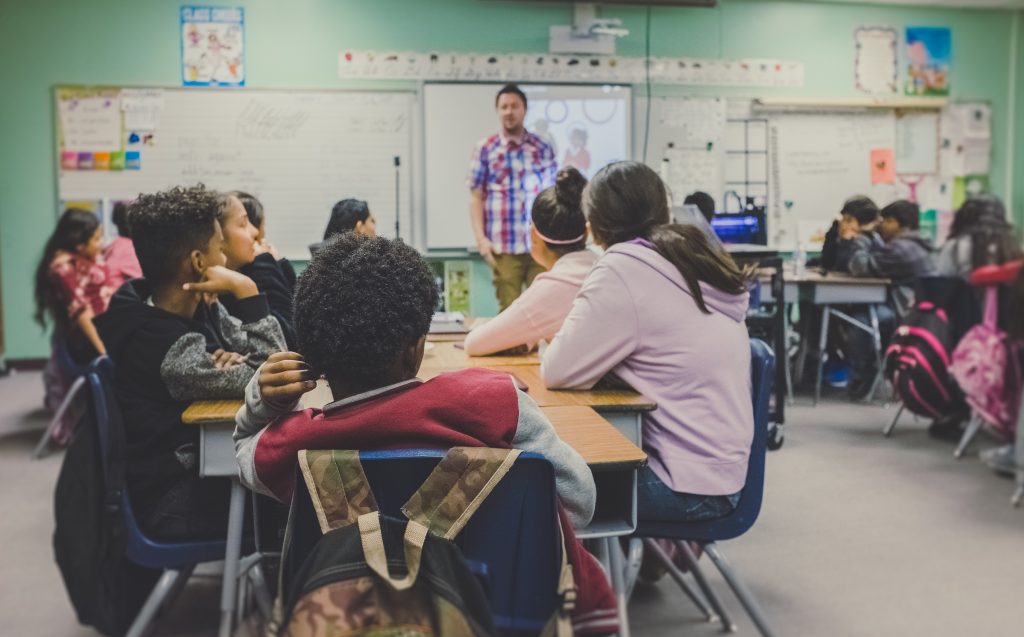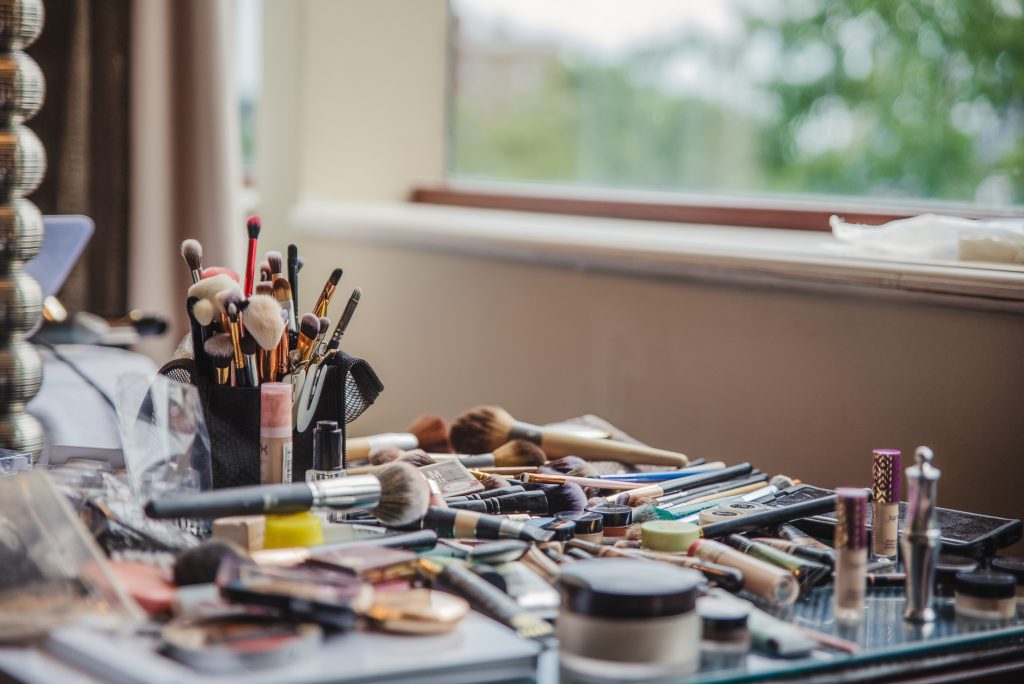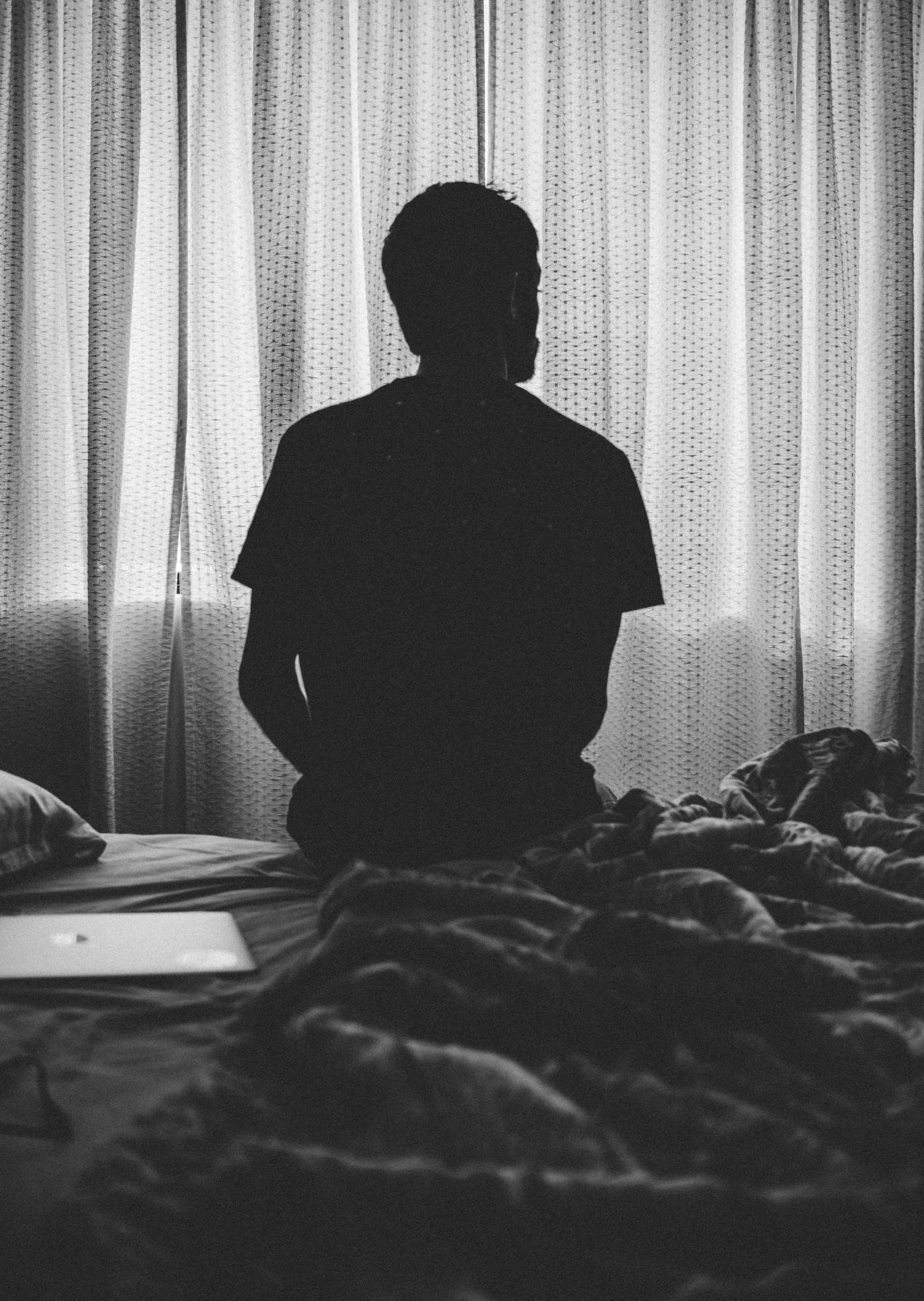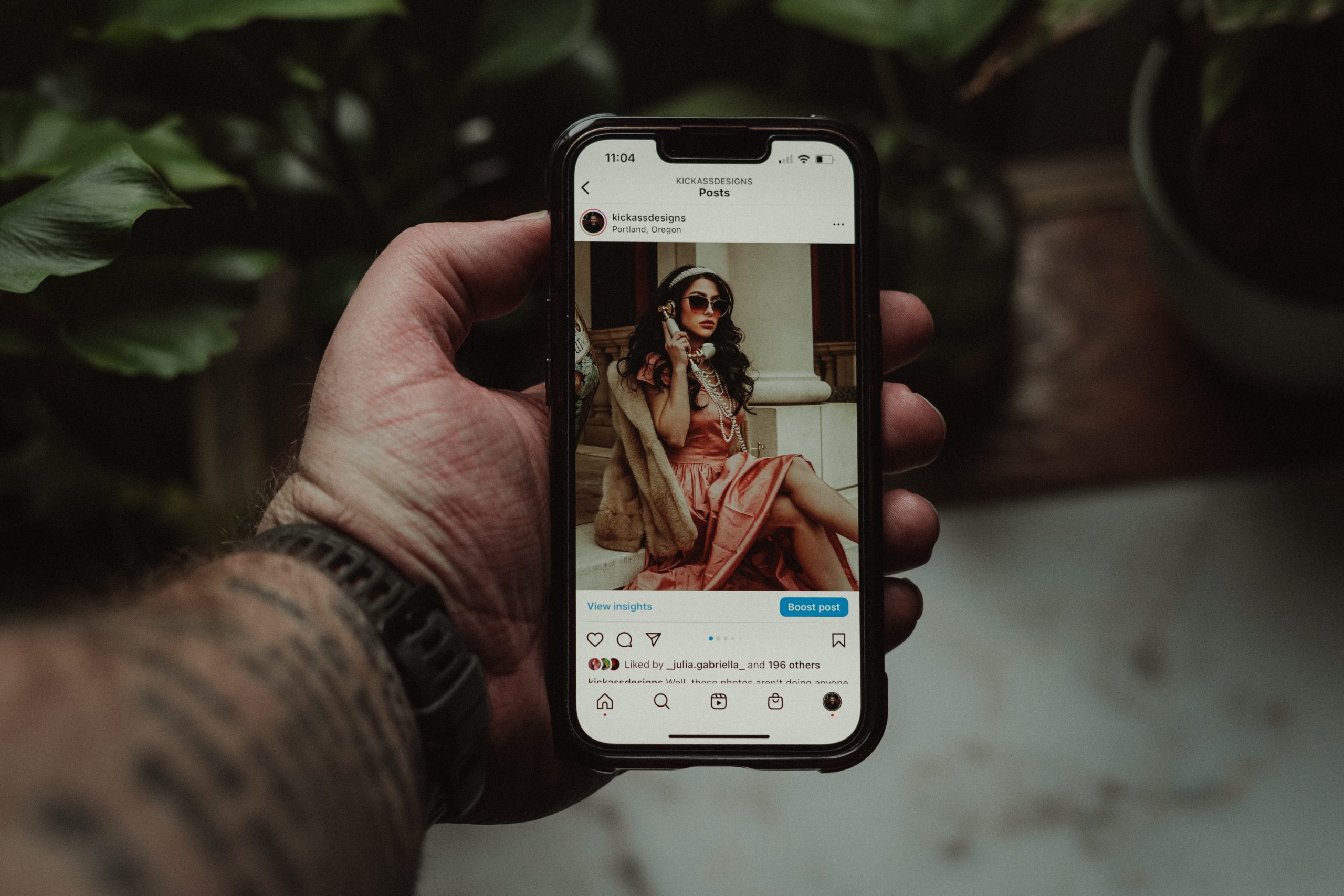Over the last couple of months there has been two major TikTok trends regarding Gen Alpha’s (2010-2025) behaviour, specifically pre-teens. The first is teachers describing the utterly horrific circumstances they are finding themselves in when trying to teach these children. The second is a criticism of the extreme and age-inappropriate shopping habits that children have formed. Now that the “iPad kids” have begun to grow up, we’re seeing the damage that unlimited screen-time and social media access has had. This, combined with the disruption of Covid-19, has created a generation who is predicted to have the worst mental health problems out of any other generation so far. Is humanity as doomed as everyone is saying we are?
Let’s take a closer look at these trends:
Young children are reportedly “unteachable”.
Teaching is a noble, and often very tough, profession. To be a good teacher you need patience, empathy, resilience, energy, crowd-control skills, all on top of a deep and thorough understand of the topic you’re teaching. I have great respect for teachers. So, when teachers began taking to TikTok to lament the extreme struggles they were facing when trying to teach today’s pre-teens, my heart broke for them.
No longer are masses of paperwork and poor administration the main complaint of teachers, although they’re still very much an issue. Now their problem is the children themselves. Too many children have no respect for teachers’ authority or their fellow classmates; they’re often violent and abusive; they don’t care about learning, completing assignments or turning in homework (not to mention the fresh hell of using AI to write essays); and they’re completely incapable of focusing for any more than a few minutes at a time. Literacy and numeracy in the US are down to levels not seen since the 70s and teachers are leaving the profession in droves, specifically because of poor student behaviour.

Consumerism and Overconsumption is rife in that age group.
In my last blog post I mentioned the rise in high-end skincare use by young children, but the true scale of the phenomenon has only recently come to light. This TikTok trend I’ve seen crop-up over the last week or so. People have been complaining about the rise in Sephora kids. These are children, usually pre-teens, who swarm Sephora shops (or Ulta, Boots, Mecca, etc.) destroy testers and products, harass employees and other customers and spend ridiculous amounts of their parents’ money on high-end makeup and skincare. This has led to customers (and employees) demanding age restrictions when shopping in-store so they don’t have to deal with these little nightmares.
But why are little girls so desperate to get their hands on skincare they absolutely don’t need? Because they’ve been marketed to. Obviously children have never been immune to advertising. But the cosmetic ads when I was young was limited to fruity lip glosses and terrible Claire’s makeup kits (affordable). Now skincare and makeup designed for adults is advertised to appeal to children, with bright cutesy packaging and collectability. It’s through social media that they’re being exposed to these ads. Whilst it’s technically illegal to target ads at children that age, that’s not stopping anyone. No child needs $70 Drunk Elephant serums, $100 Lululemon leggings and $50 Stanley cups. All made for adults, all targeted at “adultified” children. But who needs to have fun when you can drink water and give yourself rashes with retinols?

Both of these trends can be blamed on Gen Alpha’s relationship with technology.
Gen Alpha are the first generation to have been born with the internet in its modern form. Social media has existed longer than they have, and it’s all they’ve ever known. 10 years ago we were worried about ‘iPad kids‘ and their development. Well here’s the results. Numbing YouTube content, underage TikTok access and inappropriate Snapchat-ing has formed minds that can’t focus, read or understand. Covid-lockdown reduced children’s social interactions to social media and zoom connections, and now they don’t know how to behave in person anymore. They’ve been raised by influencers and Twitch streamers, many of which are not particularly stunning role models. We’ve allowed children unfettered access to social media, and act surprised when they spout hate speech, and/or hate themselves. How can they behave well when poor behaviour has been rewarded with screen-time?
Is it too late to make a change?
It’s clear that far more management and supervision of childhood screen-time is essential. But what really needs to happen is for parents to lead by example. The parents of these children are Millennials, the first generation to fully embrace social media from its early development. They’ve stuck their children in front of screens to calm them because they do the same for themselves. But Millennials weren’t born around iPads. They were raised with a very different internet to the one we have now. Their children are being damaged in a way that they were not.
If screen-time is going to be managed, it needs to be a family affair. I have a colleague who, when seeing his pre-teen children’s attraction to smartphones, gave the whole family ‘dumb’-phones instead. It’s easier to stop your kids endlessly scrolling when you yourself aren’t doing it too. If we want the kids to change and unlearn social media-taught behaviour, then the grown-ups need to do the same.



